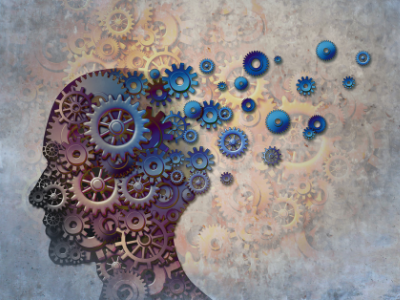
All of our feelings, ideas, memories, actions, and creations happen because our brains represent the world around us and move us through it, making new things as we go.
Even though the brain is astonishingly complex, an explosion of new tools for examining its function and quantifying behavior over the last few decades is demystifying key brain functions to reveal how they make us who we are.
Many of these tools are being developed by researchers at Duke Psychiatry & Behavioral Sciences and our neuroscience colleagues at Duke. These include new methods of imaging and stimulating the brain, new ways of measuring patterns in behavior, and insights about how other body systems affect the brain.
The findings of this wealth of research make clear that everything we experience and learn is a biological event in our brains, billions of neurons acting in rhythm and constantly changing and adapting.
At the same time, we are discovering more and more ways that brain neurons reflect the functions of other systems, including our own immune systems, the bacteria that live in our digestive tracts, and the behavior (and brains) of the people around us.
As a result of this work, neuroscience research yields new tools every day to prevent or treat mental illness and promote well-being, learning, social connection, and resilience—all by making use of what we are learning about the brain and its capacity to adapt.